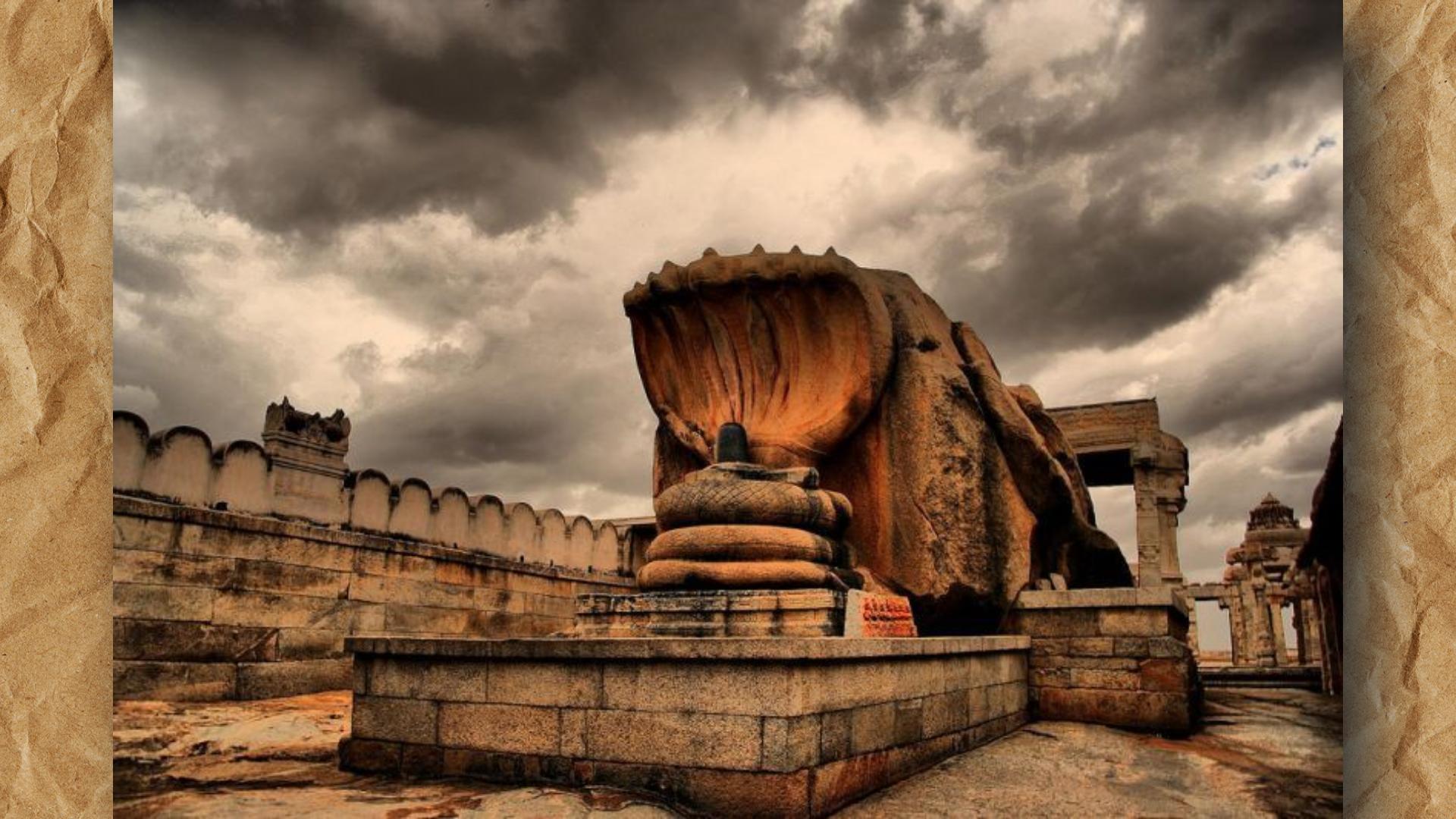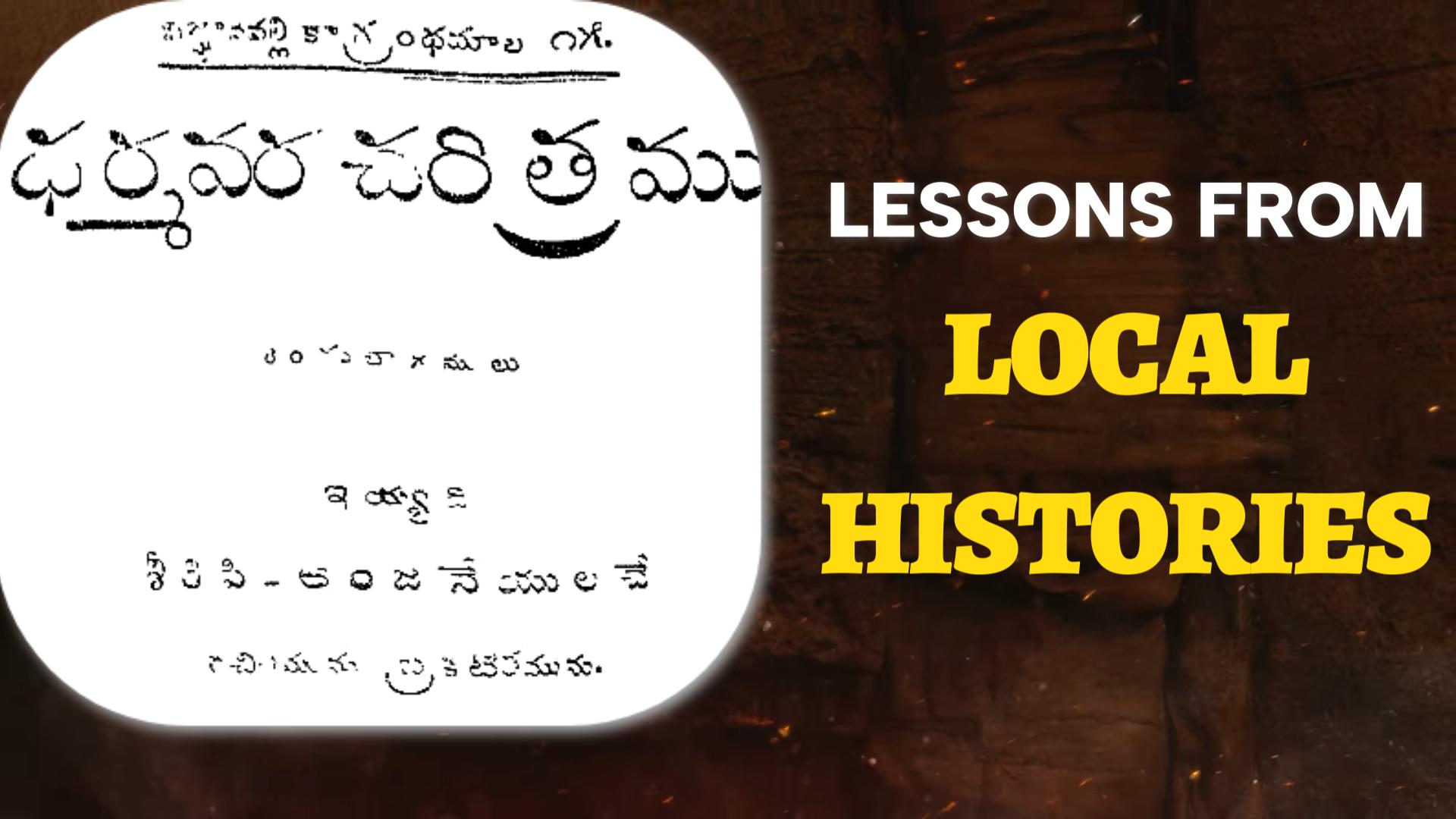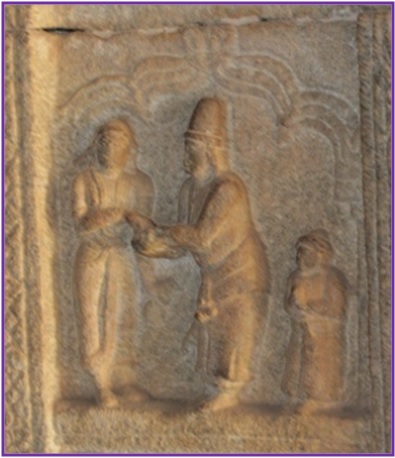KARMA VIPAKA SAMHITA FROM BRAHMA PURANA
INTRODUCTION:
Parama Shiva’s teaching to Parvati Devi about the Karma and its effects on human beings is known as Karma Vipaka Samhita. This Samhita shows the way to achieve ‘withering of Karma Shesha’ and thereby to become nissESha.
Maha Shivaratri is the most auspicious day to revisit this sacred treatise.
I believe that Maha Shivaratri is not a mere one day event but it should be observed on everyday to seek refuse in Parama Shiva. One must pray to Him to get out of the life-death cycle.
In Dvaita tradition, Maha Shiva is considered as the controller of the mind. He is the one who bestows the Vairagya Bhagya which leads to Moksha.
ABOUT KARMA VIPAKA SAMHITA:
Karma Vipaka Samhita is from Brahma Purana. It comprises of 111 chapters. It talks about the effects of bad Karma on the souls born under twenty seven stars (Nakshatras) and twelve rAshis [zodiac signs].
It describes the types of atonement for all the ill effects that cause the accrual of bad Karma.
Karma Vipaka Samhita is in samvAda format that happened between Shiva and Parvati.
This article offers a brief and abridged introduction to the Samhita. Any deviation/wrong interpretation must be considered as my personal failure and not that of the Samhita.
What is Karma? Why it is important?
Above are the most crucial questions that have been dealt with in our Shastras widely.
In Bhagavata, during Govardhana giri puja Krishna says- “कर्मणा जायते जन्तुः कर्मणैव विळियते । सुखं दुःख् भयं क्षॆमं कर्मणैवानिपद्यते” which means – “Living beings take birth because of karma and die because of it. Vice, virtue, fear and safety are the results of Karma.
Brahma Vaivarta Purana states:
अवश्यमेव भोक्तव्यं कृतं कर्म शुभाशुभं.
ना भुक्तं क्षीयते कर्म कल्प कोटि शतैरपि”
One must eat the fruits of one’s good or bad deeds. If this doesn’t happen then Karma will never be exhausted [and thereby soul can’t attain Moksha]
According to Shastras, Soul exhibits 3 types of shakti:
(a) Jnana [knowledge]
(b) Iccha [will] &
(c) Kriya [action].
The above powers manifest in 3 different forms:
* Knowledge manifests in Thought
* Will manifests in Desire
* Action manifests in Performance
Karma is the combination of all the aforesaid powers.
Shastras explain that the souls perform Karma three ways:
(1) Kayaka [physical],
(2) Vachika [effected by words] &
(3) Manasika [mental].
Vicious karmas committed through the above said ways will affect the body, words & mind respectively.
“Therefore, souls must exercise caution and perform Karma carefully” – is the teaching given to us by the Divine.
पूर्वजन्मकृतं पापमिह जन्मनि भुज्यते । इह लॊके कृतं कर्म जन्मजन्मानि भुज्य्तते
The fruits of the good and bad Karmas performed in the previous births must be experienced in the present birth. Likewise, the fruits of the on-going Karma will be reaped in the forthcoming births. Thus the Karma goes into an infinite loops.
SIGNIFICANCE OF KARMA VIPAKA SAMHITA:
By teaching the ‘Karma Vipaka Samhita,’ the ever compassionate Maha Shiva provides the methods of prAyaschittA-s (atonements) that not only nullify the ill effects of Karma but also reinstate the righteous knowledge. The Karma thus purified will show the path to mOksha as said in the Brahmasutra – “na cha punarAvRuttatE.”
Likewise, the ever merciful divine couple of Parama Shiva and Umadevi by playing the roles of mind and wisdom, help the mortals to find a way out of a laukika padmavyUha created by the cyclic effects of bad Karma.
As per a Puranic verse “girISha mantaHkaraNE” ParamaShiva is the controller of the mind of all living beings.
Indra & other Devatas who form the Indriyas are His servants. As said by Purandaradasa “buddhiyinda tanu manava tiddikoLLa bEku” Maha Shiva is the Buddhi.
CONCLUSION:
By contemplating the Manahkaraka Shiva, souls can achieve an unwavering and blemish-less mind. Such pure mind can keep the soul away from performing bad Karmas. This act of ‘Vipaka’ shall close the eternal life-death cycle forever.
ध्यॆयः पंचमुखॊ रुद्रः स्फटिकामलकांतिमान्
विद्युच्छुभ्रासितरजः श्यामान्नस्यमुखानि तु
जटावबद्धेन्दुकलः प्रियायुक् नागभूषणः
(आचार्य मध्व, तंत्रसार)
Let us meditate upon the five faced Shiva & seek His blessings.
References:
Karma Vipaka Samhita Hindi translations by Sriyuta Shiva Govinda Diskhita & Sudeshkumar Sharma.
Related









Raghu ji,
Blessed to hv met you.
Otherwise I would hv deprived of this treasure.
🙏🙏🙏